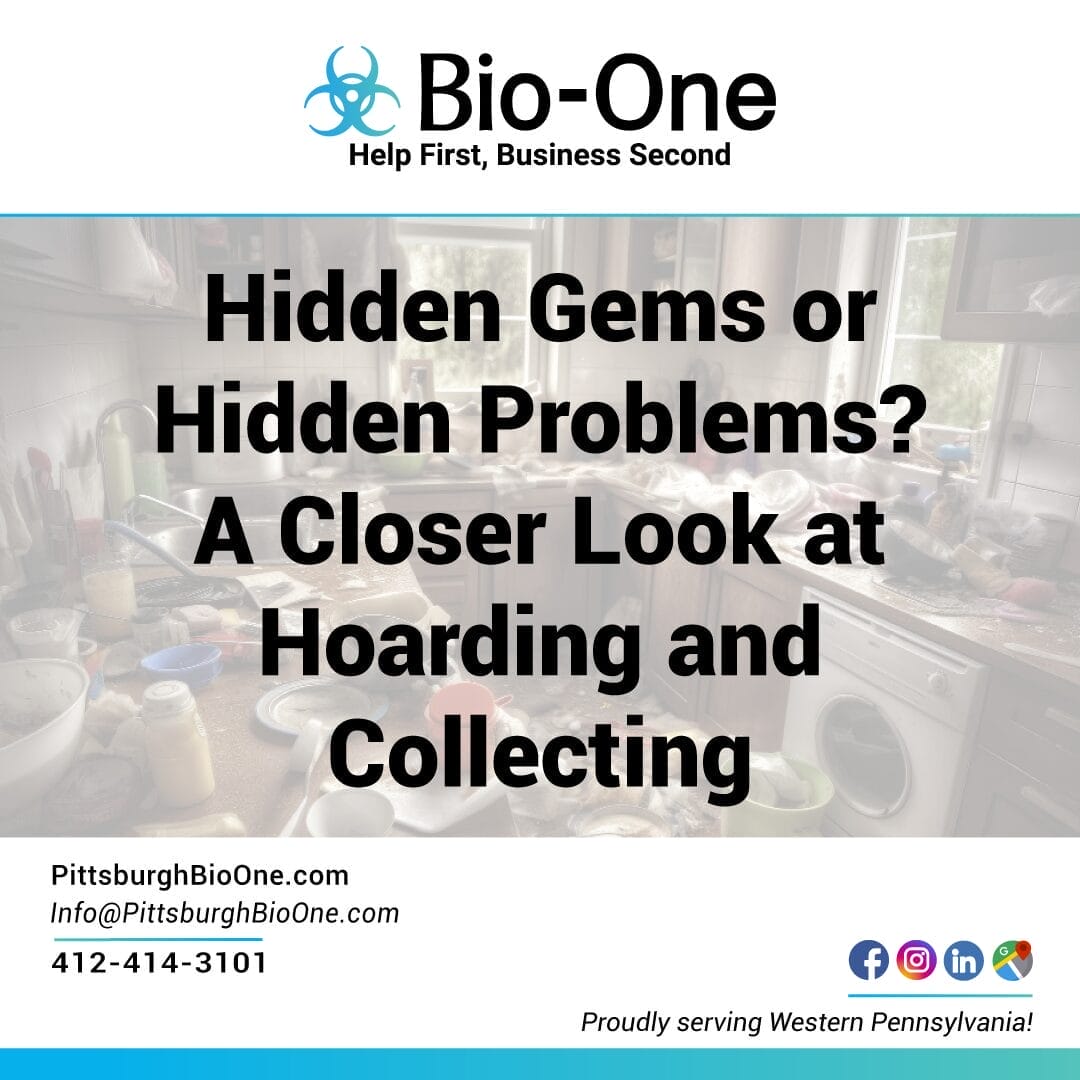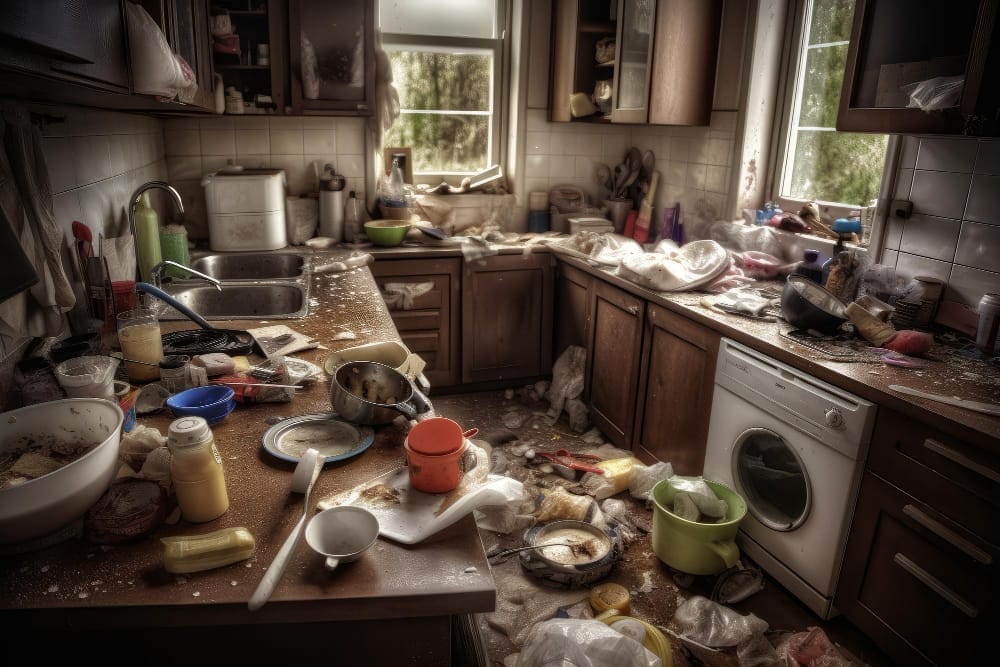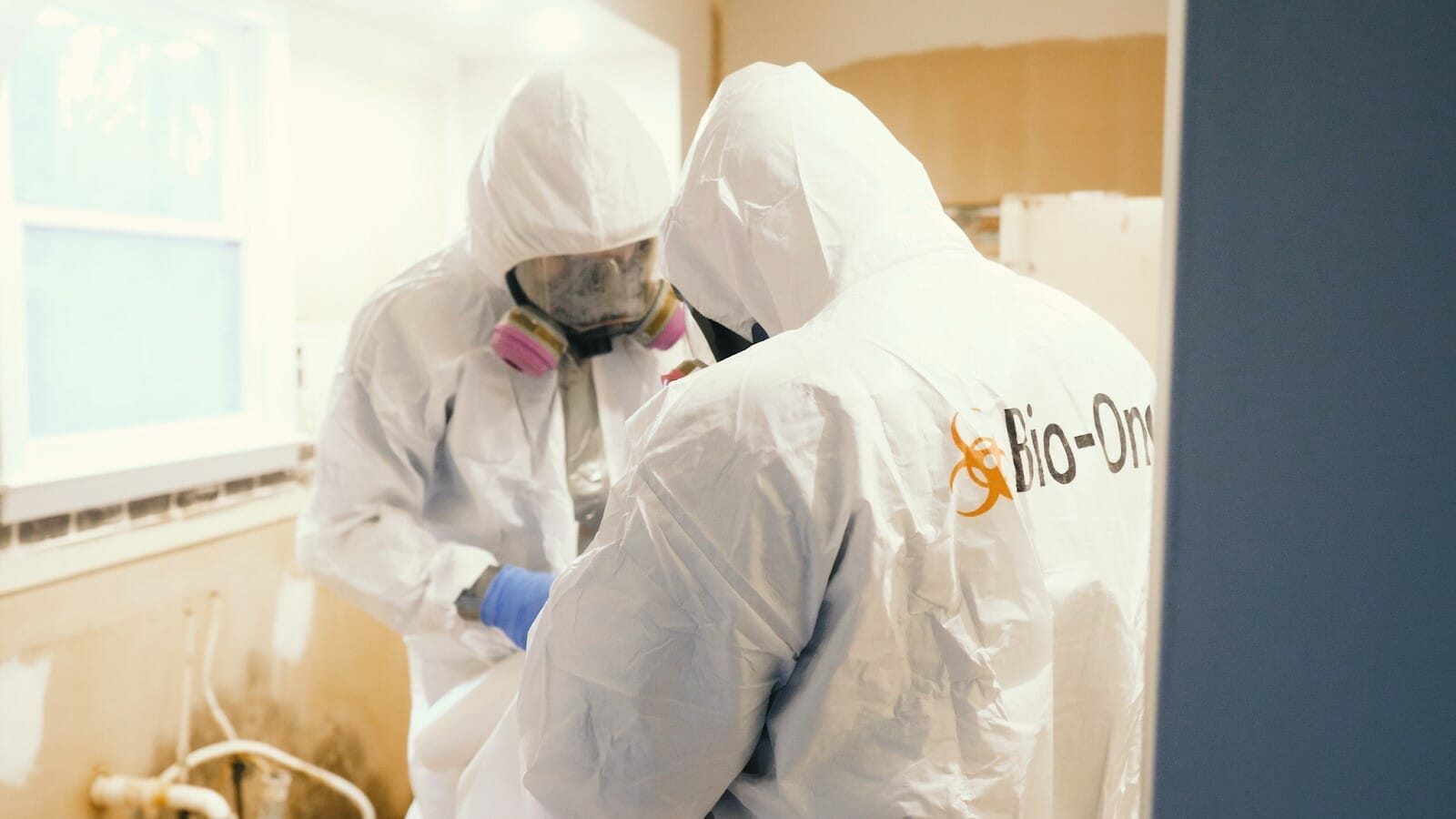
To begin a deep exploration into the realms of hoarding and collecting is to steer into what is, for many, uncharted territory – one that's as intriguing as it is complex. The subjects of hoarding and collecting often intertwine, yet they carry vastly different connotations and implications. In this post, we'll unpack the nuances of these behaviors, understand the attraction, and shed light on the potential dangers – all while offering a glimpse into the sensitive and seldom-discussed aspects of Hoarding Disorder.
The Attraction of Collecting
At its core, collecting is an inherently human practice. Since ancient times, people have gathered objects they find beautiful, interesting, or valuable. The psychology of collecting can be as diverse as the collections themselves. Some collect to fill emotional gaps, seeking the rush of acquiring a new item to combat feelings of loneliness or inadequacy. Others collect as a form of investment or a means of expressing their tastes and identities. Whatever the reason, the act of collecting offers a connection to history, a marker of identity, and a sense of control over one’s surroundings.
The Psychological Aspects of Collecting
The allure of collecting spans several psychological motivations. For some, it’s the thrill of the hunt, the anticipation leading up to acquiring a coveted item. The completion of a collection can bring immense satisfaction, a sense of accomplishment and control, and even validation. Each item serves as a physical reminder of the collector’s interests and aesthetic preferences, acting as an anchor for their memories and experiences.
Social Connections and Identity
Collecting can be an inherently social behavior, creating communities around shared interests. The internet has particularly amplified this social aspect, allowing collectors to connect globally, share advice, and display their collections online. In doing so, collectors can find a sense of belonging and recognition within their respective communities. Their collections, then, become a means of articulating their individuality and values, sometimes even functioning as a source of pride and personal legacy.

The Dangers of Hoarding
Where collecting can be an organized, purposeful pursuit, hoarding is often characterized by the accumulation of possessions to the point where living spaces become unusable. Among the many dangers of hoarding is the very real risk to one’s health and home safety. The inability to discard items can lead to fire hazards, health code violations, and unsanitary conditions.
Health Risks and Safety Concerns
The mass of items that hoarders accumulate often leads to homes filled beyond capacity, creating pathways through the space at best and blocked exits at worst. These conditions can result in trips and falls, respiratory problems due to dust and mold, and even more devastating consequences in the case of an emergency where rapid evacuation is necessary.
Impact on Mental Well-being
Hoarding can have profound impacts on the mental well-being of those who suffer from it, as well as on their family members who may struggle to understand and cope with the behavior. The feeling of distress when trying to discard items, anxiety about the loss of potential value or the usefulness of objects, and the growing isolation from social consequences can all contribute to a downward spiral in mental health.

Learn more: Hoarding and Health - How Much has Hoarding Affected You? | Bio-One of Poway
Balancing the Allure of Collecting with the Risks of Hoarding
The line between collecting and hoarding is not always clear-cut. For many enthusiasts, their vast arrays of items are meticulously organized and well-cared for. However, it's important to recognize that there is a spectrum of behavior, and what begins as seemingly benign collecting can, in some cases, develop into a Hoarding Disorder.
Learn more: Are Hoarding and Collecting Different? | Bio-One of Chula Vista
Bio-One of Pittsburgh Can Help
Whether you are the one who hoards or feels the weight of the situation as a family member or friend of a hoarder, it's important to acknowledge these feelings and seek support. Addressing hoarding behavior often requires a multifaceted approach, which may include therapy, support groups, and professional cleanup services.
One of the main concerns with hoarding is that people fail to realize they have a problem! The world of collecting and hoarding is complex, but not without hope. By understanding the allure of collecting and the dangers of hoarding, we can approach these behaviors with empathy and the necessary tools to seek help or support loved ones.
Bio-One of Pittsburgh provides discreet hoarding cleanup services to help restore a safe and healthy living environment. Don't let hoarding take over your life or the life of someone you care about. Reach out for help and start taking steps towards a happier and healthier future. Thank you for reading, and remember, you are not alone in this journey!

Compassion. Experience. Respect.
Bio-One of Pittsburgh is always ready to assist you in unexpected situations. Our expert specialists are always ready to assist you in dealing with highly pressurized situations that may be emotionally and physically draining, allowing you to focus on other vital activities while healing in a sanitary environment. Locally owned and operated, we provide the following:
Disinfection, sanitation, and decontamination services
- Crime scene cleaning
- Blood spill cleanup
- Homicide and suicide cleanup
- Unattended death cleanup
- Biohazard cleanup
- Feces and bodily fluids cleanup
- Odor removal
- Virus Disinfection
- Fentanyl cleanup
- Tear gas cleanup
- Emergency vehicle decontamination
- Sewage backup cleanup
- Medical Waste disposal
Remediation & Hoarding cleanup services
- Hoarding cleanup
- Animal hoarding cleanup
- Junk removal
- Deep cleanup
- Gross filth cleanup
- Hazardous waste removal
- Homeless encampment cleanup
HELP FIRST, BUSINESS SECOND
Bio-One works closely with victim support centers nationwide and local authorities, communities, emergency services personnel, hoarding task forces, apartment communities, insurance companies, and other organizations to accomplish each customer's most efficient and superior service possible.
Many crime scene cleanup companies may face unexpected, unfortunate life events. Still, Bio-One is the right choice because of our expertise and profoundly caring and discreet specialists.
We are proud members of the NAPO Pittsburgh - National Association of Productivity & Organizing Professionals!
Serving the Greater Pittsburgh / Western Pennsylvania Area!
Bio-One of Pittsburgh serves the following Pennsylvania counties: Allegheny County, Washington County, Beaver County, Butler County, Armstrong County, Westmoreland County, Lawrence County, Greene County, Fayette County, and Mercer County.
We also serve the following cities and surrounding communities: from Allison Park all the way to Creighton, Crescent, Cuddy Curtisville, Millvale, Monroeville, Oakmont, Pitcairn, Pleasant Hills, Plum, Port Vue, Presto, Rankin, Rennerdale, Rural Ridge, Russellton, Sharpsburg, South Park to Springdale, we are ready to help you.


